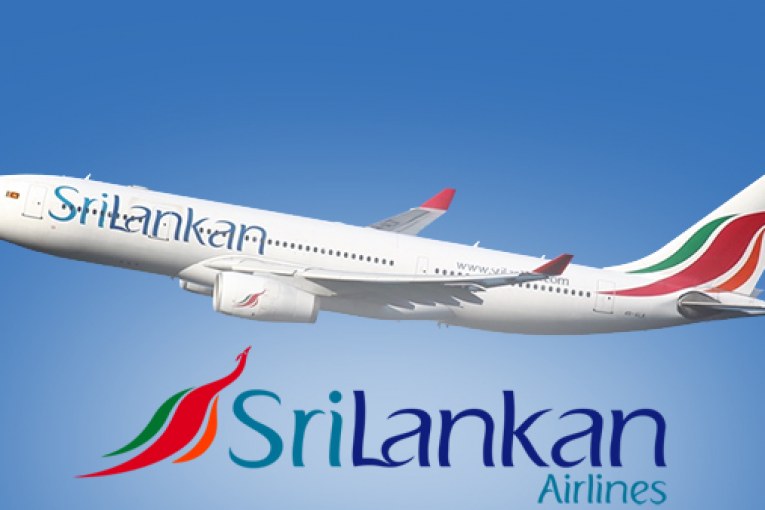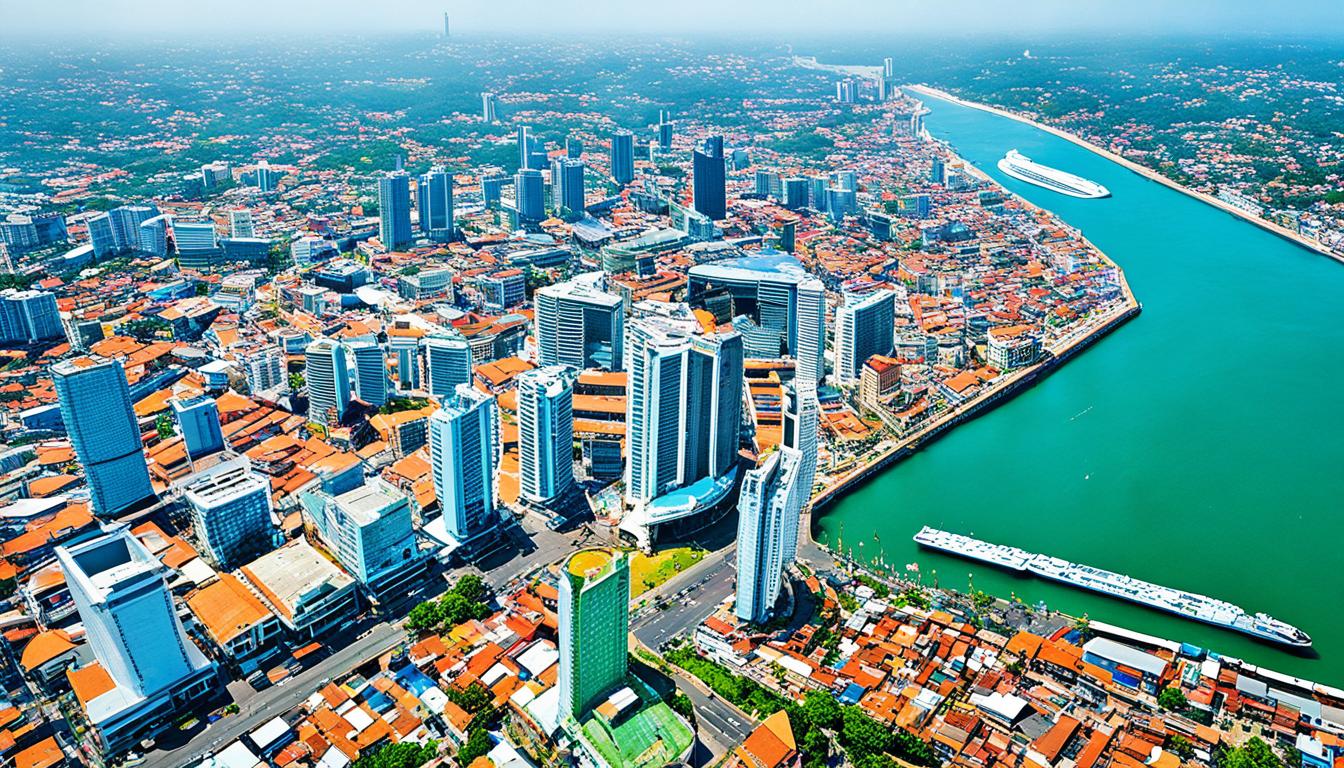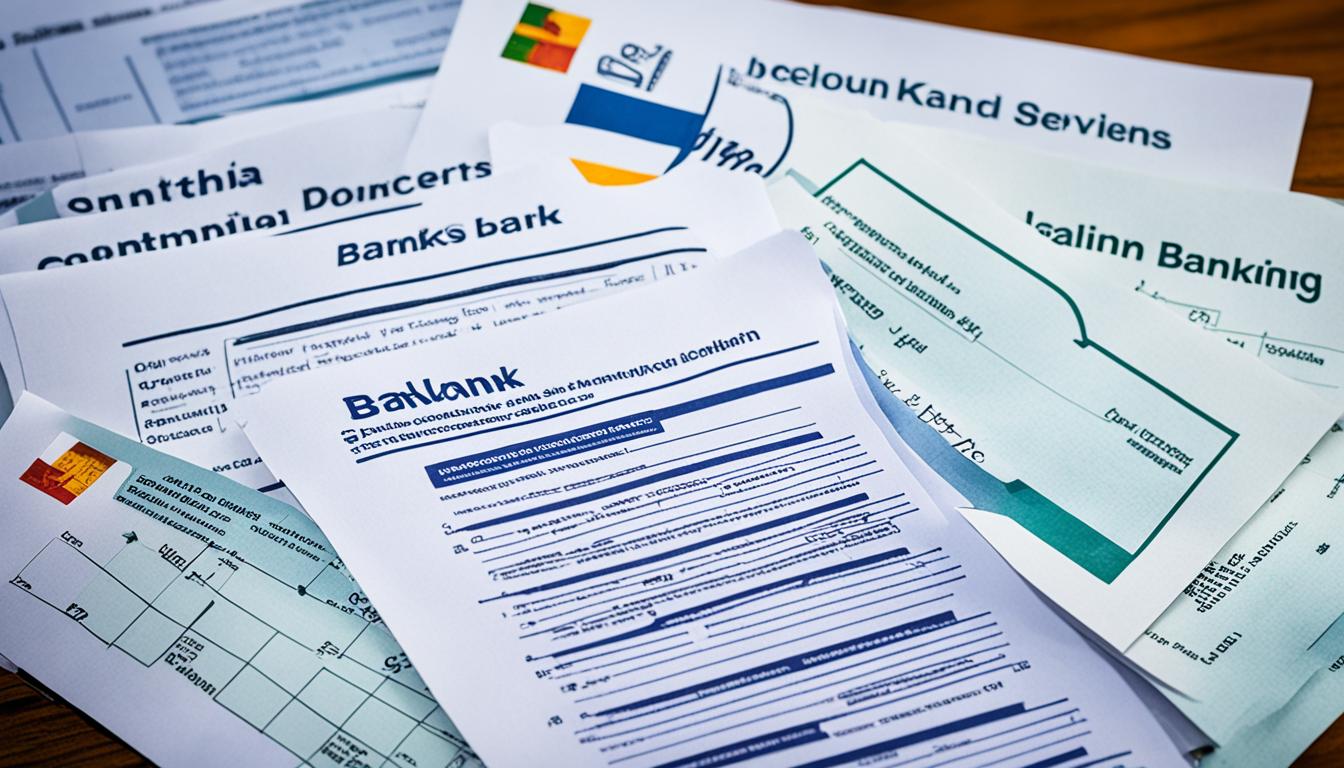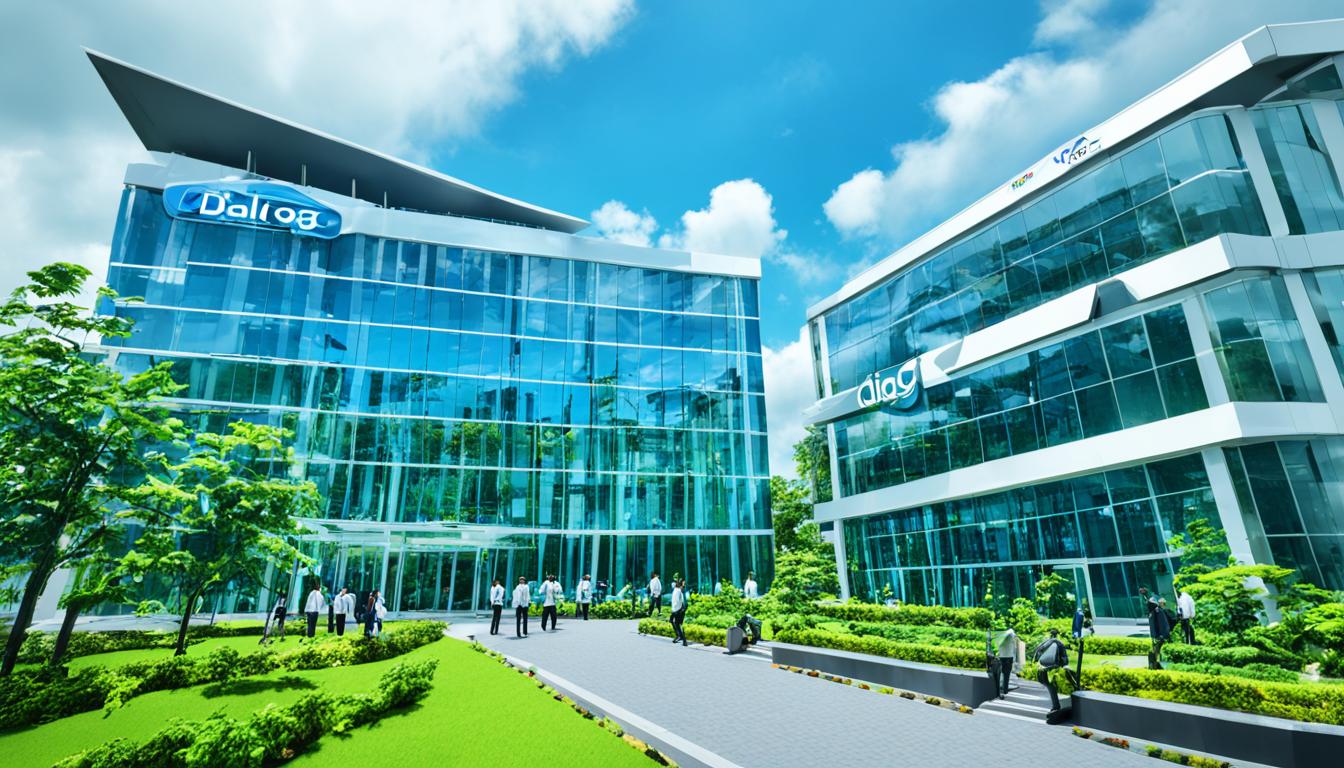Generating Business Ideas While on SLTB Buses
Undertaking a journey on Sri Lanka Transport Board (SLTB) buses isn’t just about transit from one destination to another; it’s become a dynamic environment for innovative thinking and business idea generation. Navigating through the bustling streets and serene landscapes of Sri Lanka, these state-owned buses harbor potential for transit entrepreneurship fueled by the diverse commuter insights plentiful in this mode of Sri Lankan transport.
Across the aisle, conversations might reveal practical ideas, touching upon the local demands and cultural nuances vital for creating tailored solutions. It’s within these moving think tanks where Sri Lankan youth and seasoned professionals alike exchange knowledge, engage with real-time societal shifts, and craft visionary concepts that resonate with local and global markets alike.
Key Takeaways
- Innovative thinking on SLTB buses is a testament to the mobile brainstorming that occurs during daily commutes.
- SLTB bus travel offers a unique lens on Sri Lanka’s societal needs, driving business idea generation and transit entrepreneurship.
- Being privy to a wealth of commuter insights, entrepreneurs can identify gaps in the market to serve the public better.
- Understanding the nuances of Sri Lankan transport is critical to designing businesses that cater to localized preferences.
- Conversations aboard SLTB buses reflect a convergence of community thoughts and aspirations, yielding rich entrepreneurship opportunities.
Insights From Conversations on SLTB Buses
The Sri Lanka Transport Board (SLTB) is not just a means of travel but a dynamic intersection of lives and stories, a true reflection of Sri Lankan society. It is on these vibrant buses where one can witness the fascinating blend of economic diversity that characterizes this island nation. Conversations overheard among SLTB commuters offer insightful peeks into the everyday fabric of the local public transportation culture.
The Socio-Economic Melting Pot of SLTB Commuters
As the humming engines of SLTB buses traverse the country, they carry with them a microcosm of entrepreneurship in Sri Lanka. From the ambitious businessperson to the hopeful student, the spectrum of passengers is a testament to the country’s cultural business perspectives. The economic ideologies found here are as varied as the passengers themselves, each contributing to a lively discussion on what constitutes Sri Lankan entrepreneurial spirit.
Differentiating Personal and Public Business Ideas
The hustle of the SLTB buses showcases a blend of private vs public business talks. As entrepreneurs seek market differentiation, the SLTB bus experiences become a catalyst for generating innovative ideas that resonate with the communal SLTB bus experiences. The lively debates aboard encourage the dissection of concepts, separating those that favor private gain from those designed for the wider public good.
Cultural Perceptions and Business Planning Ideologies
Navigating through the SLTB’s well-worn seats lays the groundwork for richer, more nuanced discussions on global business planning. It is within this transitioning space that passengers contemplate the diverse range of approaches to business—a landscape where Eastern collectivism meets Western capitalism, each with their distinctive strategies and economic benefits.
The Evolution of Public Transport and Emerging Opportunities
The transportation landscape of Sri Lanka has been marked by significant shifts since the **early 20th century**, bearing witness to a tapestry of changes in the public transport development. Beginning in 1907 with the advent of private bus services, the journey has been one of constant evolution, reaching a pivotal moment in 1957 when state-run services became dominant under the Transport Board Ordinance. This state-driven chapter in SLTB history solidified the foundation of the nation’s transport mechanisms.
However, the winds of change swept through again in 1978 as decentralization paved the way for the resurgence of private operators within Sri Lanka’s transportation sector. This shift underscored a balance between private vs state-run transport, aiming to blend the efficiency of private entities with the accessibility and public service ethos of the state mechanism. Despite these efforts, aging SLTB buses still in operation speak of a broader issue: the urgent need for innovation and the rejuvenation of state infrastructure to ensure sustainability in public service delivery.
Recognizing the durability of these stalwart vehicles, there is an acknowledged respect among the riders for their commitment to local pathways. This sentiment reflects a notable potential for business growth within the confines of SLTB buses. As passengers navigate their daily commutes, there lies the possibility for entrepreneurial minds to spot and cultivate business ideas that resonate deeply with the local populace. The pulse of these opportunities beats within the very heart of public transport, signaling a vibrant future for those willing to harness the unique insights that come from journeying across Sri Lanka via SLTB buses.













